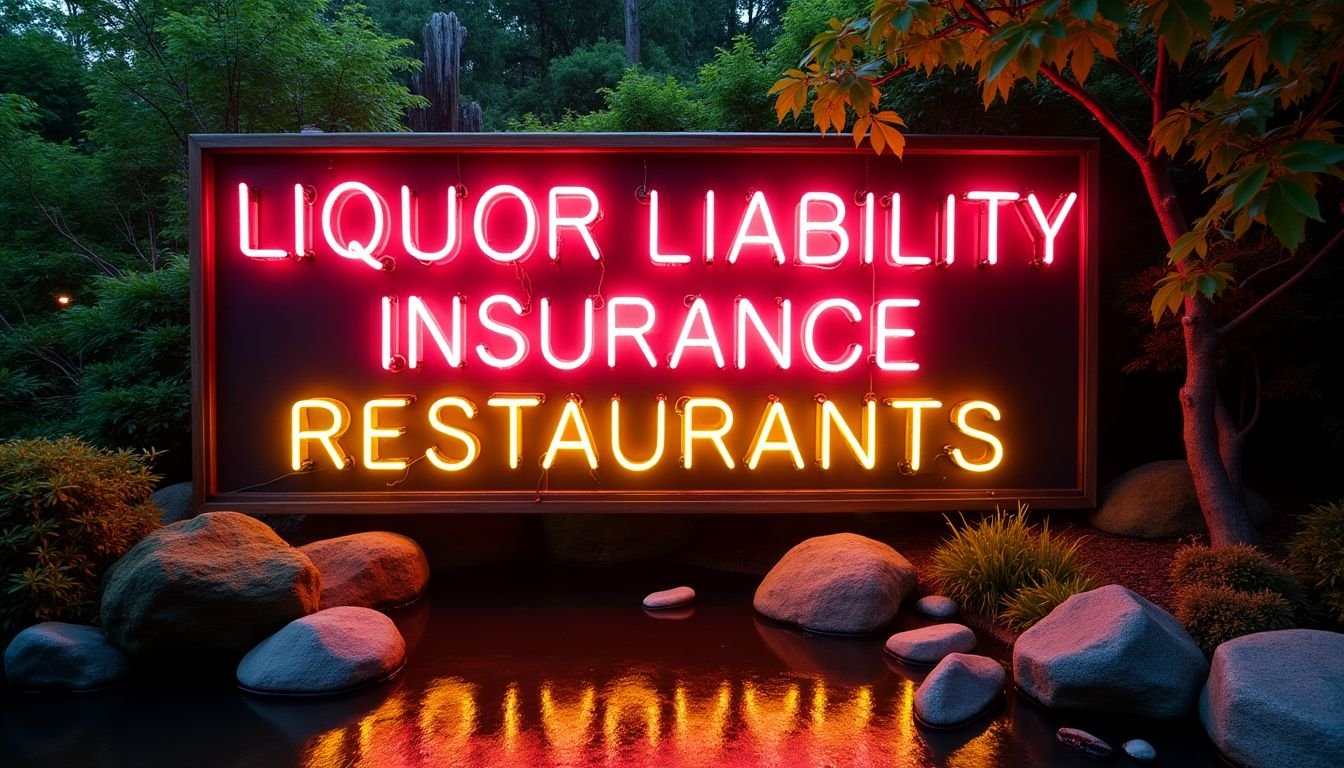In the fast-paced restaurant industry, workplace injuries can happen in the blink of an eye. From kitchen burns to slips and falls, restaurant workers face unique risks. As a restaurant owner or manager, understanding worker’s compensation is essential to protect your employees and your business. This guide breaks down everything you need to know about worker’s compensation in the restaurant industry, its importance, and how to stay compliant.
Why Worker’s Compensation Matters for Restaurants
Worker’s compensation insurance provides coverage for employees who are injured or become ill while performing job-related duties. Restaurants are bustling environments where hazards such as sharp knives, hot surfaces, and wet floors are common. Without worker’s compensation, a single injury could lead to costly medical bills, legal disputes, or even reputational damage.
Common Restaurant Workplace Injuries
- Burns and scalds: Caused by hot surfaces, boiling liquids, or open flames.
- Slips, trips, and falls: Resulting from wet floors or cluttered walkways.
- Cuts and lacerations: Often due to knife accidents or broken glass.
- Repetitive strain injuries (RSIs): From repetitive motions like chopping or dishwashing.
- Musculoskeletal injuries: Lifting heavy objects or standing for long hours.
Learn more about Common Injuries Covered by Worker’s Compensation.
How Worker’s Compensation Works for Restaurants
Worker’s compensation benefits cover medical expenses, lost wages, and rehabilitation costs for injured employees. In cases of permanent disability, it may also provide long-term financial support. Here’s a breakdown of how it works:
- Employee Reporting: The injured worker must report the incident to their employer immediately.
- Employer Action: The employer submits a claim to their worker’s compensation insurance provider.
- Claim Review: The insurance company evaluates the claim and determines the coverage.
- Compensation Issued: Approved claims provide financial support for medical bills, lost income, and other related expenses.
What Does Worker’s Compensation Cover?
- Medical Expenses: Covers treatments such as doctor visits, surgeries, emergency care, and physical therapy.
- Lost Wages: Employees unable to work due to their injuries receive a portion of their wages.
- Legal Costs: Protects businesses from attorney fees, court costs, and settlements if an employee files a lawsuit.
Need help filing a claim? Check out How to Submit an Insurance Claim.
Legal State Requirements for Restaurants
Worker’s compensation laws vary by state, but most require restaurants to carry worker’s compensation insurance. Even if you only have a few employees, compliance is mandatory. Here are some state-specific examples:
- California: Businesses with one or more employees, including part-time and seasonal workers, must have worker’s compensation insurance.
- New York: All employees, including part-time workers, require coverage.
- Alabama: Businesses with five or more employees must provide coverage.
- Ohio: Insurance must be purchased from a state-controlled fund.
Failure to carry worker’s compensation insurance can lead to fines, lawsuits, or even business closure. Be sure to check and follow your state’s specific rules to stay compliant.
How Much Does Worker’s Compensation Cost?
The cost of worker’s compensation insurance depends on several factors:
- Employee Risks: Workers in kitchens or with heavy equipment face higher risks, leading to higher premiums.
- Payroll Size: Businesses with more employees typically pay more for coverage.
- Claims History: A history of frequent claims can increase rates.
On average, most food businesses pay around $115 per month for worker’s compensation insurance. Implementing safety measures can help reduce premiums over time.
Choosing the Right Worker’s Compensation Insurance
Selecting the right insurance policy ensures adequate protection for your staff and minimizes risks for your business. Consider these tips:
Evaluate Your Risks
Analyze your restaurant’s operations to identify potential hazards. For instance:
- Is your kitchen equipped with safety features to reduce burns or cuts?
- Are your floors non-slip and regularly maintained?
Compare Providers
Shop around for insurance providers specializing in worker’s compensation for restaurants. Look for:
- Competitive premiums
- Strong customer support
- Positive reviews from other restaurant owners
Understand Policy Limits
Ensure your policy covers common restaurant-related injuries and provides adequate compensation limits. Some policies may offer additional coverage, such as liability protection for legal claims.
Best Practices to Prevent Workplace Injuries
While worker’s compensation provides financial protection, prevention is the best strategy. Implementing safety measures can reduce workplace injuries and lower insurance premiums. Here are some tips:
- Train Employees Thoroughly
- Provide regular training on equipment use and emergency procedures.
- Emphasize proper lifting techniques and knife safety.
- Maintain a Safe Work Environment
- Use non-slip mats and ensure floors are dry.
- Regularly inspect equipment for wear and tear.
- Encourage Open Communication
- Create a system where employees feel comfortable reporting hazards.
- Address safety concerns promptly.
- Invest in Protective Gear
- Provide heat-resistant gloves, slip-resistant shoes, and cut-resistant gloves.
Other Insurance to Consider for Restaurants
In addition to worker’s compensation, restaurants may need these types of insurance:
- General Liability Insurance: Covers customer injuries or property damage.
- Product Liability Insurance: Protects against claims related to food safety.
- Commercial Auto Insurance: Required for delivery or catering vehicles.
For more insights, explore Food Business Insurance in California.
Exploring these options ensures comprehensive protection for your business.
FAQs About Worker’s Compensation for Restaurants
1. Do part-time employees qualify for worker’s compensation?
Yes, in most states, worker’s compensation covers both full-time and part-time employees.
2. What should I do if an employee doesn’t report an injury immediately?
Encourage immediate reporting, but if a delay occurs, document the reasons and assist the employee in filing the claim as soon as possible.
3. How can I lower worker’s compensation premiums?
Improve workplace safety, reduce claims, and ask your insurance provider about discounts or bundling options.
4. What are the penalties for not having worker’s compensation insurance?
Penalties include fines, legal action, and even business closure in severe cases.
5. Can I bundle worker’s compensation with other policies?
Yes, bundling with general liability insurance may save money.
Learn how Worker’s Compensation Insurance Protects Your Business.
Conclusion
Worker’s compensation is more than just a legal requirement for restaurants; it’s an essential safeguard for your employees and your business. From covering medical expenses to protecting against lawsuits, this insurance ensures that both your staff and your operations are secure in the event of workplace injuries. By investing in comprehensive coverage and following preventative safety practices, you can create a safer environment for everyone involved.
Protect your employees and secure your restaurant’s future with the right worker’s compensation coverage. For expert advice or help choosing the best insurance policy, call (818) 781-6630 or chat with AI Agent Sky, available 24/7.
Get a workers’ comp quote HERE in minutes!






